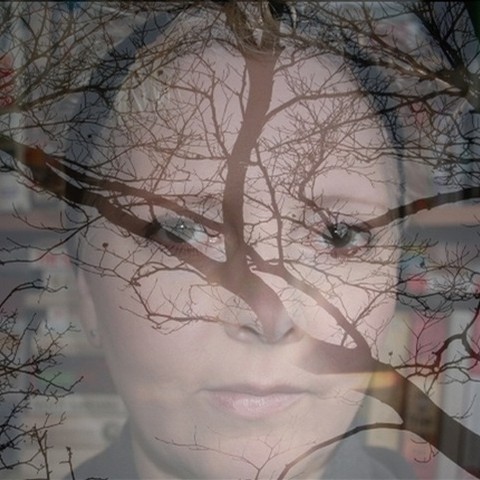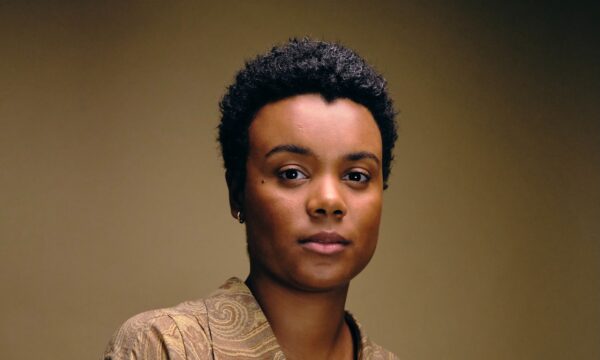Desdemona at the Barbican

Desdemona is the innocent wife murdered by the jealous Othello in Shakespeare’s play. Usually portrayed as rather a blank sheet of paper, this theatre and music event pieces together clues from within the play showing that she had been brought up by a black maid, Barbary, and had an inner life populated by African songs and stories, which was why she responded to and loved the Moor.
Barbary on stage is played by the transcendent Rokia Traoré, whose songs and music utterly hypnotise and enchant. This is African music written especially for Desdemona, which is unlike “world music” – it is intimate, minimalist in repetition, delicate and feminised. It truly creates a sense of timelessness in the imagined afterlife where all the characters meet, are given time to reflect on their lives and fates, and the possibility of moving on.
There is a tradition of theatre and film tinkering about at the edges of Shakespeare, sometimes joyously, as with Tom Stoppard filling in the gaps of Hamlet through Rosencrantz and Guildenstern Are Dead – each generation reinterprets Shakespeare or notices aspects or characters hidden in plain sight for centuries. Some things which may have been obvious to Shakespeare’s original audiences add more layers of insights today, and now enrich Othello through the fleshing out of Desdemona, and the stepping out of the shadows of the other black character in Othello who had been there all along, Barbary.
Produced and imagined by San Francisco punk–guru of opera, Peter Sellars, a contemporary Svengali who has helped create modern classics such as John Adams’ Nixon in China, the entire production proves the fruitfulness of getting peak talents collaborating on great themes. The glorious writer Toni Morrison gives a natural eloquence to the characters, voicing their reflective wisdom with a light touch, and adding profundity to the poetic.
Lasting for two hours without interval, the audience was utterly mesmerised until almost near the end, when the spell fractures a little with the writing becoming rather heavy handed as the characters speak beyond the remit of the original play. The premise of Africa and women getting a voice is utterly convincing, and opens up Shakespeare to a more global view.
Accompanied by gracious musicians and singers, the production is sparse, making theatrical use of shadows and lights. Tina Benko as Desdemona adds indelible facets to the character and to the play Othello.
If you have an interest in theatre, in Shakespeare, in African music or indeed music, then try to catch Desdemona if it comes round again. It wouldn’t really work for someone completely unaware of the story and characters of Othello, but the ideas and the music keep echoing in the mind afterwards.
Part of the World Shakespeare festival.
Eleanor MacFarlane
For further information about Desdemona visit the Barbican’s website here.
For more events in the World Shakespeare festival click here.
Watch Toni Morrison and Peter Sellars in conversation here:

























Facebook
Twitter
Instagram
YouTube
RSS